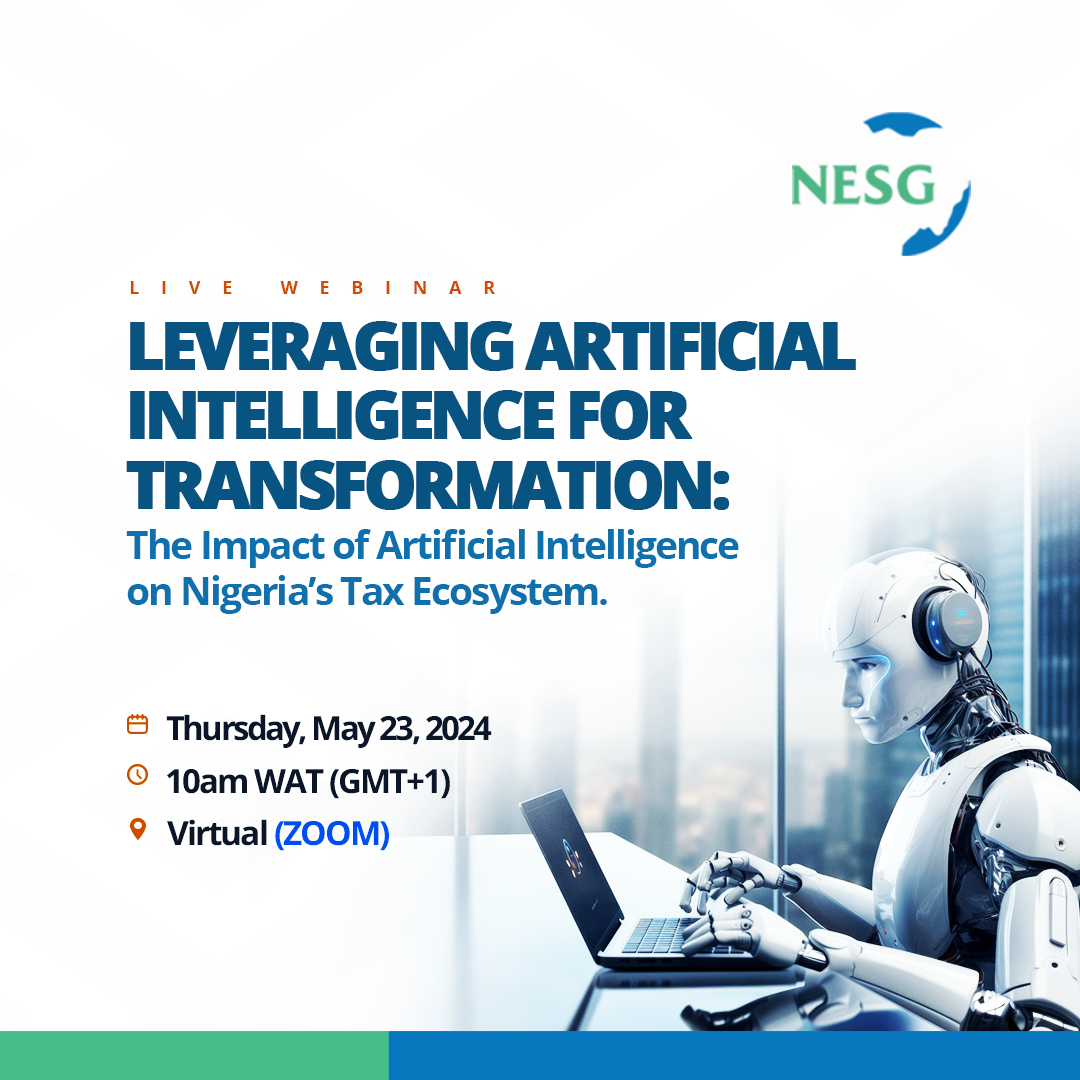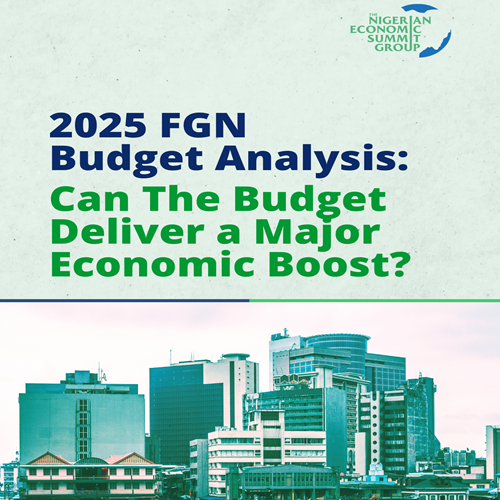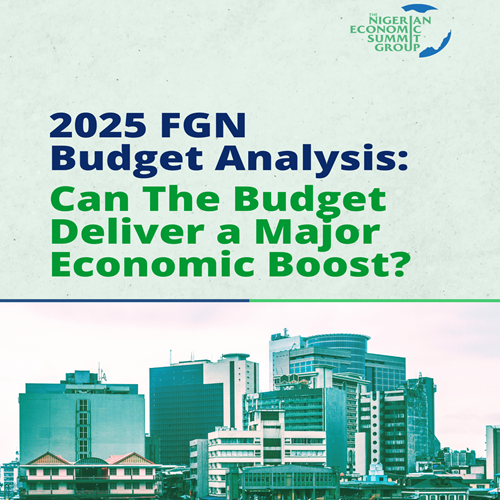Posted Fri, May 10, 2024 2:33 PM
Timeframe: Thu, May 23, 2024 10:00 AM - Thu, May 23, 2024 3:00 PM
LEVERAGING AI FOR TRANSFORMATION: THE IMPACT OF ARTIFICIAL INTELLIGENCE ON NIGERIA’S TAX ECOSYSTEM

Technology continues to gain ground globally and affect businesses and governments alike. Like many other countries, Nigeria was not sufficiently poised for the changes the digital economy brought to taxation and only tried to recover from an eroded tax base by relying on the Base Erosion and Profit Shifting (BEPS) Action Plans (Okoh, 2023). Beyond the digital economy, Artificial Intelligence (AI) is quickly being imprinted in several facets of the economy, with predictions that it will contribute US$15.7 trillion to the global economy by 2030 (Sheikh, Prins, & Schrijvers, 2023). Nigeria, the most populous African nation, grapples with challenges in tax administration, including inefficiencies, revenue leakages, and compliance issues. Against this backdrop, the adoption of AI promises transformative effects. AI technologies such as machine learning, natural language processing, robotics process automation, advanced data analytics and predictive analytics offer solutions to streamline tax processes, increase efficiency, enhance compliance, and combat tax evasion.
By leveraging AI, tax authorities can automate routine tasks, optimise resource allocation, and detect anomalies in tax filings with greater precision. Moreover, AI-powered data analytics enable tax authorities to identify tax fraud patterns and enforce regulations effectively. The integration of AI holds profound implications for Nigeria's tax ecosystem, potentially increasing revenue generation, improving taxpayer experiences, and fostering economic growth (Sani, Adeyemi, & Bakare, 2021). However, challenges such as data privacy concerns, skill gaps, and infrastructure limitations must be addressed for AI to realise its full potential in transforming Nigeria's tax administration system.
The Nigerian tax system, pivotal for economic stability, currently faces challenges like low compliance and administrative inefficiencies. However, emerging technologies such as Artificial Intelligence (AI) and Big Data offer transformative solutions. These advancements promise to enhance efficiency, transparency, and revenue collection, aligning Nigeria with global tax administration standards. AI offers transformative opportunities for Nigeria’s tax administration. AI’s rapid data analysis can improve decision-making and uncover tax evasion patterns, while big data analytics can enhance understanding of taxpayer behaviour (Aliyu, 2023). Globally, these technologies have boosted compliance and optimised revenue collection, promising significant benefits for Nigeria in terms of efficiency and effectiveness. Internationally, the major themes in discussions surrounding AI and tax include the effect of utilising robots, labour market size, reduced income taxes, reduced public funds for social welfare systems, the introduction of robot taxes, the introduction of energy taxes, improved tax administration in combating tax evasion and tax fraud, the legality of automated decisions and data privacy among others (Okoh, 2023).
Given the dynamic nature of these discussions and the rapid pace of technological advancements, it is imperative for Nigerian tax administrators, both at the Federal and State levels, to consider the threats and opportunities in the Nigerian tax systems and actively engage in these conversations. By understanding the potential threats and opportunities within the realm of taxation, Nigerian authorities can ensure they remain proactive and adaptable in the face of evolving tax landscapes, thus avoiding the risk of being left behind in the global arena
Find an event
Latest Releases

2025 FGN Budget Analysis: Can Th .. Read
1 week ago

2025 FGN Budget Analysis: Can Th .. Read
1 week ago

Engagement Towards a Successful .. Read
1 week from now
